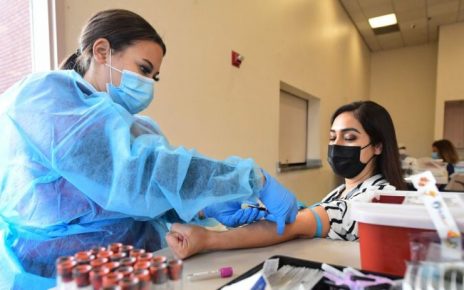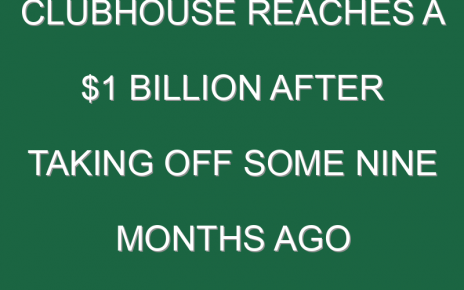After days of will-he-or-won’t-he turmoil, President Trump signed the $900 billion COVID-19 relief bill Sunday evening. Now, $600 stimulus checks will begin to be deposited into Americans’ bank accounts on Tuesday night, and physical checks will be mailed Wednesday, according to Treasury Secretary Steve Mnuchin.
The president previously said—after the relief bill had been passed—that he would veto any bill that did not include a $2,000 check for individual Americans. The resulting delay threatened a lapse in unemployment benefits, while endangering nearly $1 trillion in aid; it also put the government at risk of shutting down, since the relief was tied to a measure to fund the government through September.
Secretary Mnuchin, House Minority Leader Kevin McCarthy and Sen. Lindsey Graham worked together to get the president to acquiesce and sign the bill, according to Axios. Eventually, they convinced him that he would be able to play the bill as a win.
Mnuchin said on Twitter Tuesday evening that the Treasury had delivered a payment file to the Federal Reserve, and that payments would begin to arrive in some accounts by direct deposit as early as tonight and would continue into next week. Paper checks will be mailed starting tomorrow, Mnuchin added.
“Treasury and the IRS are working with unprecedented speed to issue a second round of Economic Impact Payments to eligible Americans and their families,” said Mnuchin in a separate statement. “These payments are an integral part of our commitment to providing vital additional economic relief to the American people during this unprecedented time.”
Individuals will receive an Economic Impact Payment of up to $600, or $1200 for married couples, and up to $600 for qualifying children. The payments will be sent automatically, and status updates will be available online.
The announcement comes as the Senate begins considering a separate measure to increase stimulus checks to $2,000. Trump and other GOP leaders have demanded that the Senate combine the increased-payment provision with legislation that would repeal Section 230 of the 1996 Communications Decency Act, which protects tech companies from being held liable for what users post on their platforms.
“The Senate will start the process for a vote that increases checks to $2,000, repeals Section 230, and starts an investigation into voter fraud,” the president said in an official statement Sunday.
More politics coverage from Fortune:
- Why a key Georgia county flipped from red to blue—and what it means for Democrats
- Pfizer, Trump, and Biden: A twisted triangle that’s complicating COVID-19 relief
- Biden’s first 100 days: Student loan debt won’t go anywhere
- Congress COVID-19 relief bill includes $15 billion for Broadway, small music venues, movie theaters
- PPP borrowers get the tax break the IRS tried to cancel





